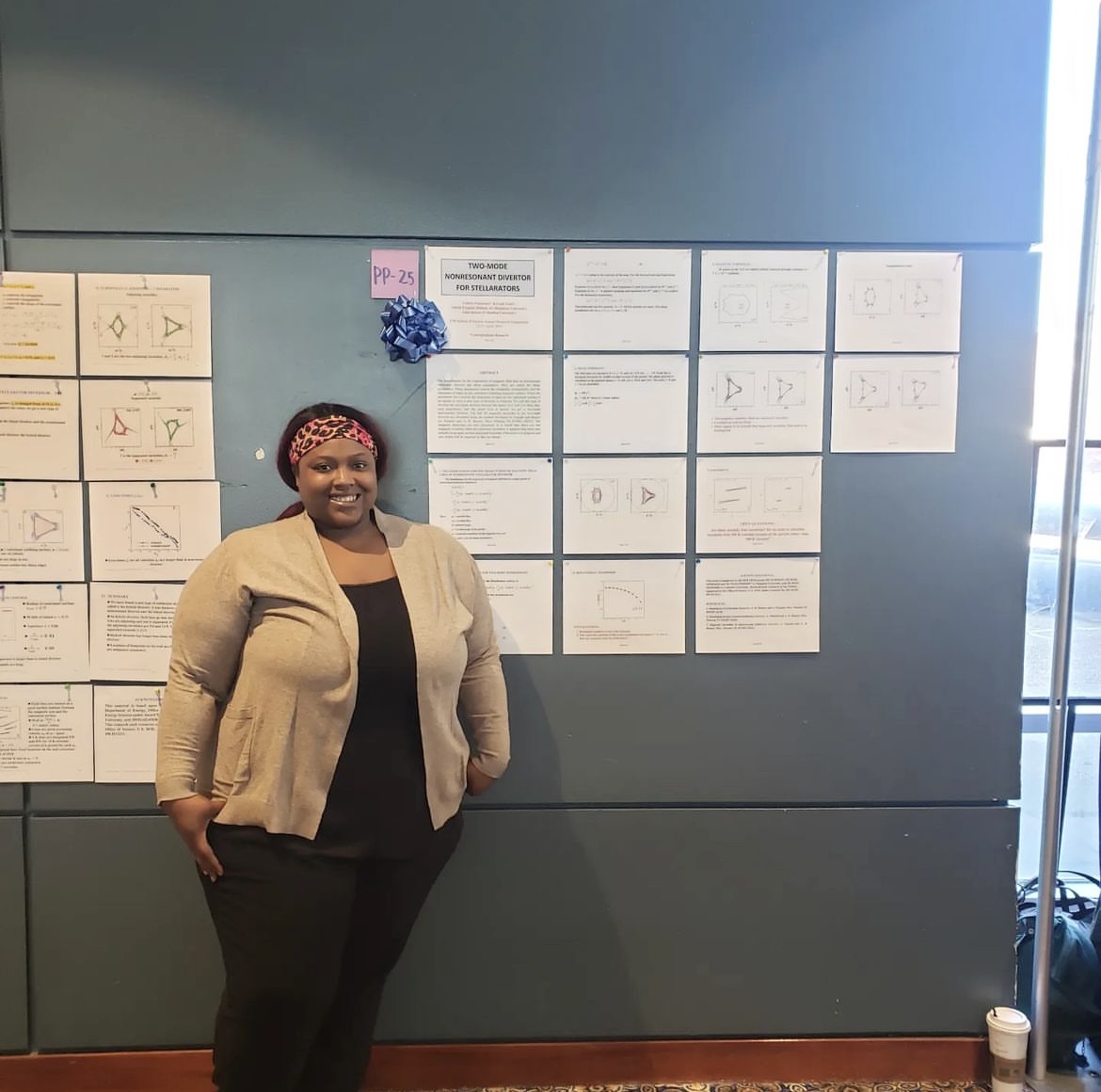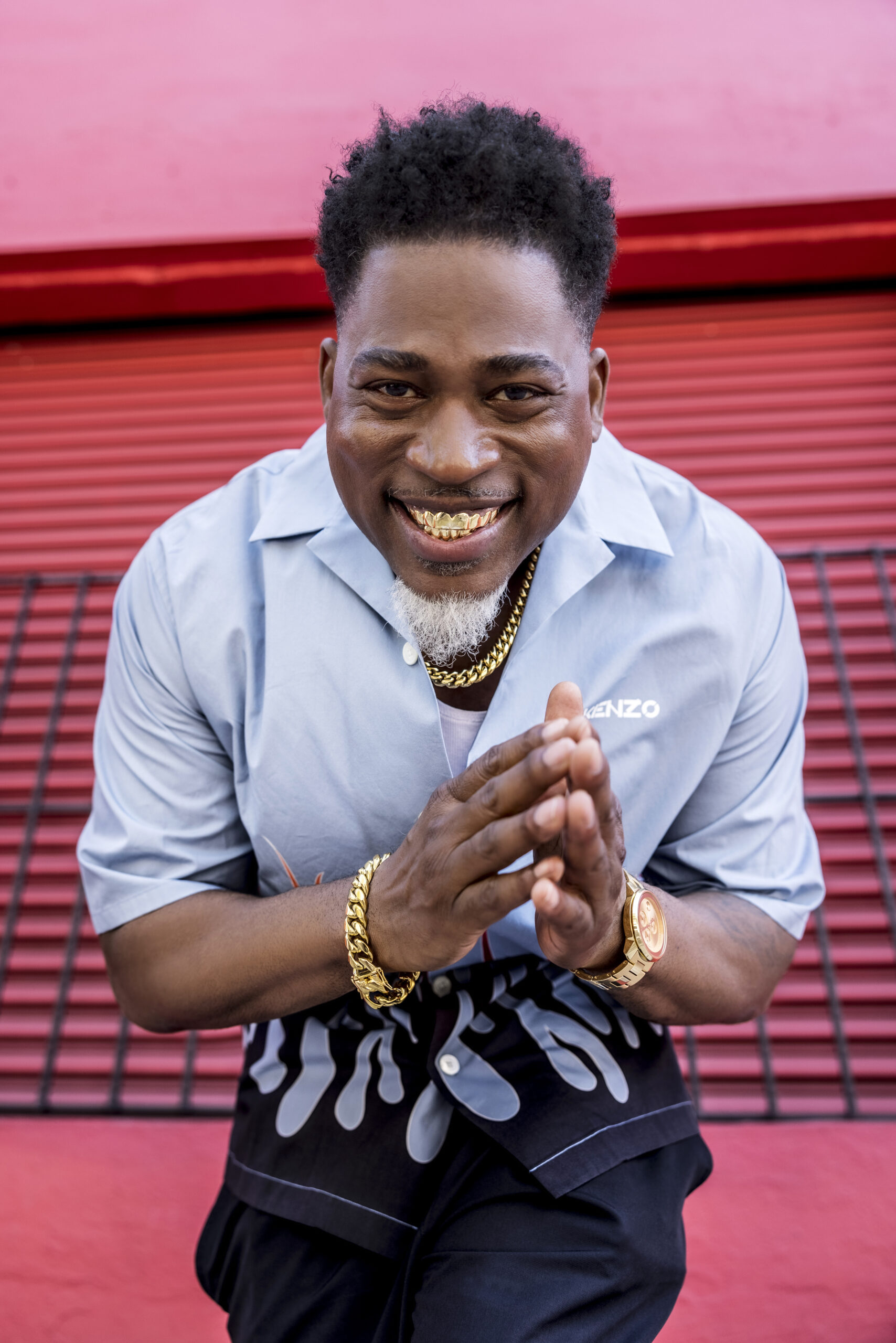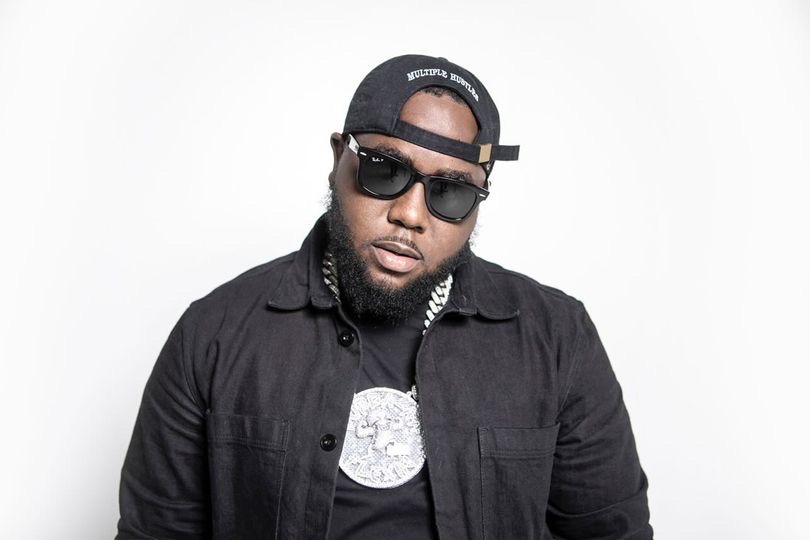This summer, a Hampton University student defied the odds, embarking on an incredible journey in the world of physics. Meet Krystal Scott, a talented and determined student whose passion for physics led her to Switzerland’s renowned Paul Scherrer Institute for a summer internship. There, she immersed herself in a transformative internship experience that not only shaped her academic path but also underscored the power of diversity in the world of science.
We had the chance to speak with Krystal about her experience in Switzerland, what she learned and more.
1) Tell us about your journey to Hampton University. Did you always know you would attend an HBCU?
I didn’t always plan to go to an HBCU. My mom is a Howard University graduate, so I grew up knowing about them, but being from California ,I wasn’t sure what I wanted to do. When I graduated high school my gpa wasn’t the best so I went to a community college for engineering. I didn’t like that so I started working for about a year and then COVID happened. I went back to school and my dad suggested I change my major to physics because that’s what I had liked the most, so I did.
After some bad experiences at touring several PWIs, I knew I wanted to go to an HBCU. When I did my research, Hampton had the most appealing opportunities and great faculty, so I transferred and it’s the best decision I ever made. My department has been such a guiding hand to help me figure out what I want to do post graduation, and given me I would have never thought possible.
2) Give us an overview of your summer internship in Switzerland? What was the focus of your research, and where were you based?
I was fortunate to start learning about the research I would be participating in during my spring semester. I did work on The MUon proton Scattering Experiment (MUSE) at the Paul Scherrer Institute(PSI) ; πM1 beam line is an effort to expand the comparisons by determining the proton radius through muon scattering, with simultaneous electron scattering measurements.
While there, I ran shifts of doing data collection and analysis as well as maintenance of the machine. We worked in two people 8 hour shifts most of the time I was there. I was on night shift from 12a-8a. A shift consisted of checking the machine and its different gas levels and changing bottles or emptying water tanks as needed. Then once those checks were done we could start a run.
Hampton University’s contribution to the collaboration in this project was the GEM detectors that are used. The Gas Electron Multipliers (GEM) detectors used in MUSE play a crucial role in the precision track reconstruction of the beam leptons, but they are susceptible to various instrumental effects that can affect their performance. The focus of my research is to study the data and highlight some improvements in the treatment of the GEM data and their effect on thenGEM efficiencies in the context of the MUSE experiment.


3) Were there any specific challenges you faced during your internship, and how did you overcome them?
The most challenging parts were being the only undergraduate and the only black person there. Sometimes I felt like I didn’t belong there, like I wasn’t as smart or as well achieved as my fellow researchers who were Post-docs, Professors, and PhD students. But they were mostly very nice and more than willing to explain some of the more high-level concepts I hadn’t learned yet. It was also very humbling as well as sometimes frustrating to be the only black person as I had several instances of people asking rather unknowingly inappropriate questions about American
stereotypes and the like.
4) How do you think your experience in Switzerland will benefit your college experience back in the United States, especially at Hampton University?
This experience has reignited my drive and hunger to see what the world has to offer. This was the first time I had ever left the country and I don’t plan on it being the last. This experience has also shown me just how small America is and just how much there is to learn from being in other cultures; learning about how they live and what makes them unique so you can embrace your own uniqueness. It was an experience I wouldn’t change for the world and I plan on it being one of many.

5) Did your internship in Switzerland inspire any new research interests or career aspirations in the field of physics?
This experience has definitely encouraged me to continue doing more research in physics and it
has made me want to learn more about the different subcategories of science especially in relation to machine learning, a.i. and how we can better develop and integrate technology to make our world and overall lives better.
6) What advice would you give to other HBCU students who aspire to pursue international research opportunities like the one you had in Switzerland?
Reach out to your professors and to your chairperson. I was fortunate to get this opportunity because I reached out to my professors and my chair to ask them if they had any research opportunities that I could participate in, and i didn’t turn it down if I could reasonably do it and do it well. They knew from my track record that I could do well and when this opportunity came up, I was given it. Always network with your professors. They have a wealth of knowledge and opportunities if you show that you will do the work.




